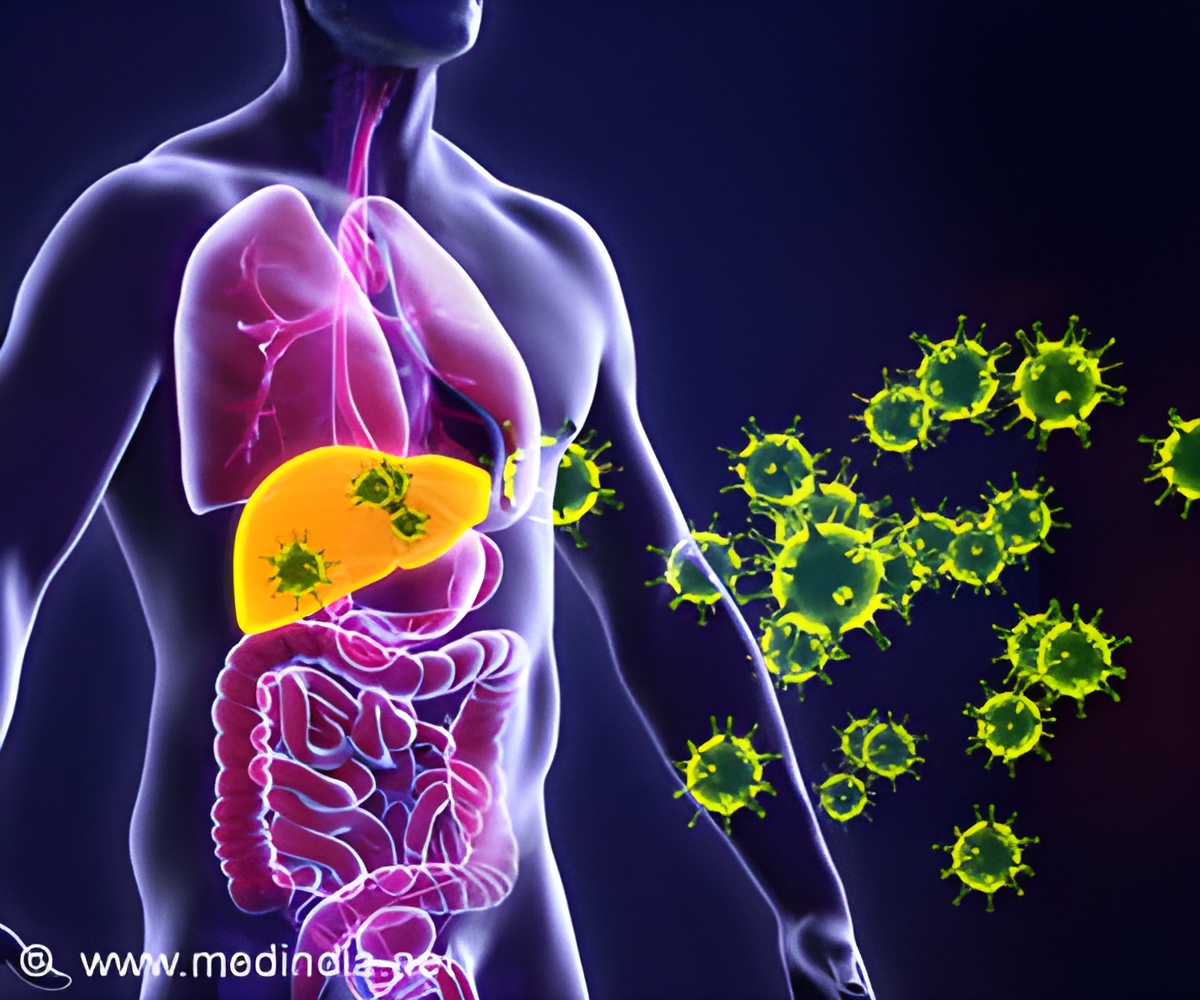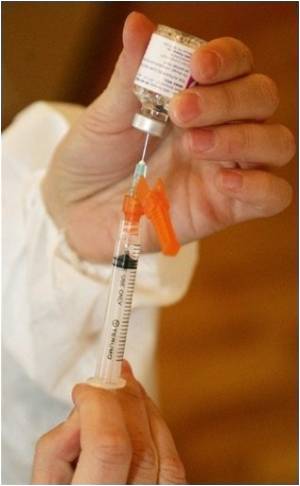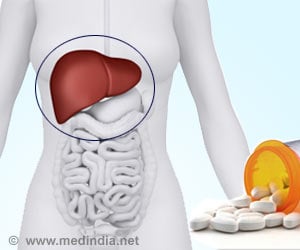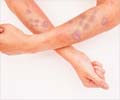A new method of treatment that includes a decentralised system of care and the provision of free direct-acting antiviral agents (DAAs) has shown high rates of success to help people with hepatitis C virus (HCV) infection.

‘A decentralised system of care and the provision of free direct-acting antiviral agents (DAAs) has shown high cure rates to help people with hepatitis C virus (HCV) infection.’





In the study, a population of almost 20,000 individuals completed treatment for hepatitis C virus infection. "We have shown in our study that it is possible to cure more than 90 per cent of individuals with HCV infection in a highly dispersed population using well-trained teams in government medical colleges and district hospitals, and widely available DAAs," said Professor Radha Krishan Dhiman from the Postgraduate Institute of Medical Education and Research, Chandigarh, and lead author of the study.
"We believe the Punjab Model could be applied to many different populations with the aim of eliminating HCV," Dhiman said.
Hepatitis C virus (HCV) infection represents a major healthcare burden in India, with an estimated 12-18 million people infected.
The burden is particularly heavy in Punjab, owing to the high prevalence of risk factors such as unsafe medical practices -- including unsafe medical injections, blood transfusions and dental procedures -- and intravenous drug use.
Advertisement
A cost-effective treatment algorithm was developed using sofosbuvir-based regimens to treat all patients with HCV infection, with regimens selected based on the presence/absence of cirrhosis and HCV genotype.
Advertisement
Cure rates among individuals with cirrhosis (93.1 per cent) and without cirrhosis (92.4 per cent), and those with genotype 3 (92.6 per cent) and other genotypes (93.1 per cent), were similar.
No major adverse events were reported, the researchers said.
Source-IANS















